

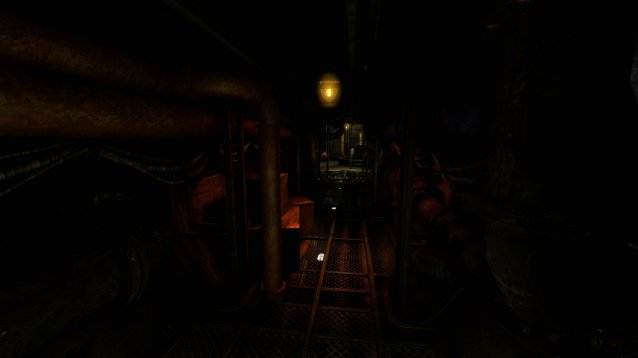
The Chinese Room has not discovered the best way to tell a story in a video game. Despite that atudio's emphasis on what they call "environmental storytelling," there is very little of that happening in Amnesia: A Machine for Pigs. Environmental instructions, sure, but not storytelling.
That they've managed to put together a a horror experience that is quite effective nonetheless is a credit to the design skills of the staff. That they buried the plot under what are perhaps too-literate pages of text scattered everywhere is less admirable.
What's going on here? You are Mandus. You are in a house under which lies some sort of factory. Your kids wandered down there, and you you have to go find them. There are other things going on, but I'm not really sure what they were. Based on my ability to retain about zero of the information I read as I traveled through this large house, the neighborhood and the dark underbellies of all of it, I imagine I'd have a hard time absorbing a Dickens novel while scared straight. That is the lesson I learned from the Machine for Pigs.
That said, you might have a better handle on it all if you keep in mind the plot setup The Chinese Room has provided for preview articles in the past; they discussed a key bit of setup which is not present in the game proper at its beginning.
Where the new devs excel is in streamlining the Amnesia experience -- gone is the inventory screen and the need to keep your lamp fueled up, for example. The core of the experience is incredibly solid as a result, as you'll be able to focus all your energies on being frightened by the ambience and pig people.
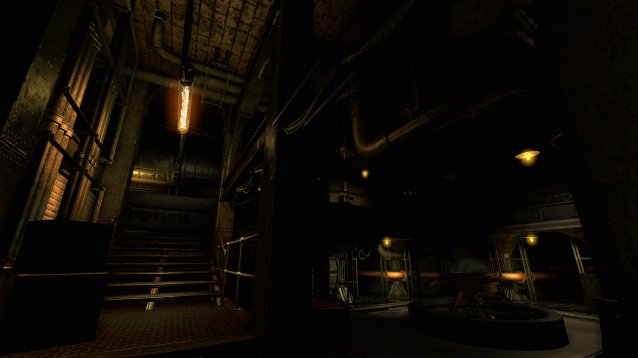
A Machine for Pigs is at its heart a game about being creeped out while walking from here to there, trying to not let the pig people lock you in a cage and occasionally solving some light but not intelligence-insulting puzzles in order to progress. It is a complete success at being that game. I was pretty unsettled 100 percent of my time playing it, to the point that I often became nauseated from the tension, an astonishing fact considering the player is in no active danger for the first couple hours. That's a major credit to the design, but I have to wonder why I don't play more games in which the large solid structures I'm in sometimes shake violently with no warning.
But while I appreciate being able to just hang out in a new place that makes me feel legitimately uneasy – I do really, really like that, like a lot, as I enjoy experiencing feelings – the lack of narrative momentum in A Machine for Pigs for those of us who don't dedicate each flowery note to memory is frustrating. The topic of memory in a game titled “Amnesia” seems relevant, so allow me to explain the real problem here.
It is very difficult for the average person to remember a string of 6-8 random numbers for more than a few seconds, and that person won't be able to remember a longer string at all. The issue is lack of significance for the brain to assign those numbers; if you can't give it a real reason to keep the sequence up there, it won't. I found the content of most of the random notes The Chinese Room so lovingly wrote to not be immediately relevant to what is occurring in the present, and the language used is obtuse enough that I tended to find myself skimming them. Those two factors led to my brain not latching onto the knowledge within, and me missing what I must assume was important information.
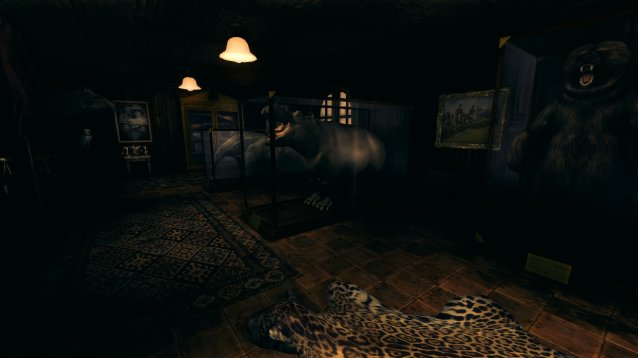
Mandus makes little text notes of his own as he wanders as well, and you'll know when he does this by the flashing journal icon that pops up in the corner for the screen. I actually did not notice that icon most of the time, which was unfortunate as these notes provide most of what little context there is for what is happening as you progress. There is such a thing as being too unintrusive.
More importantly, it made the story feel so sparse that the game began to drag. There's only so long I can handle intense game-induced nausea in a single sitting without a promise for plot movement around the next corner. Said movement does eventually come, but not for a long time.
As purely an experience intended to make you feel weird, A Machine for Pigs is great and super effective. But the deeper I went, the less of a reason I tended to feel I had to keep exposing myself to those uncomfortable feelings. Without any setup, it feels context-free for so long that it becomes a grind, and I soon realized that any sympathy I have for Mandus or concern for his quest was theoretical. I didn't actually care.
It is what it is, and what it is got me to scream a few times. A Machine for Pigs is not the fully realized horror package we would have wanted, though.

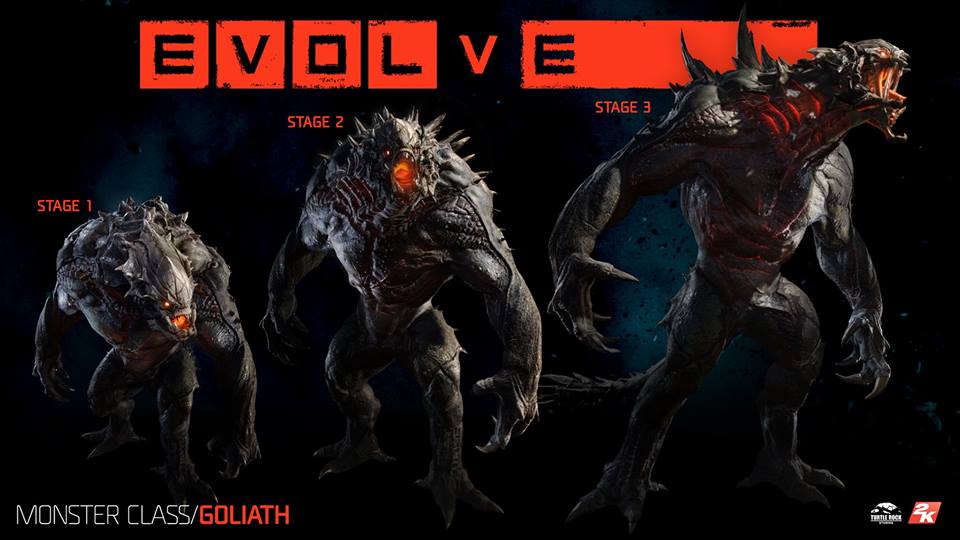


 MGS V: The Phantom Pain - Best way to Farm S Soldiers
MGS V: The Phantom Pain - Best way to Farm S Soldiers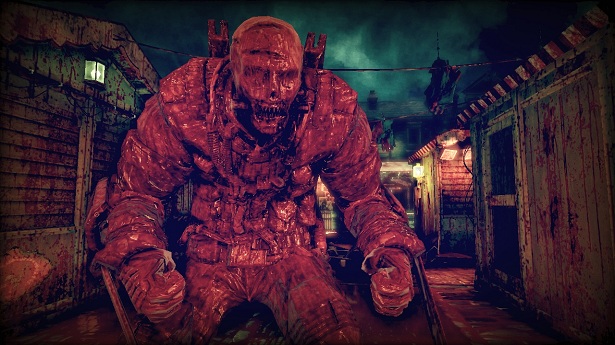 Shadows of the Damned Walkthrough
Shadows of the Damned Walkthrough FFX / X-2 HD Remaster (PS4) best armor and weapons
FFX / X-2 HD Remaster (PS4) best armor and weapons Reuniting The Family Guide GTA V
Reuniting The Family Guide GTA V The London Heist Wiki – Everything you need to know about the game .
The London Heist Wiki – Everything you need to know about the game .